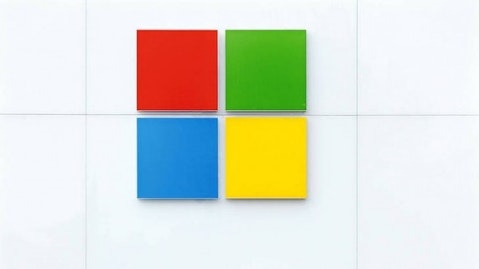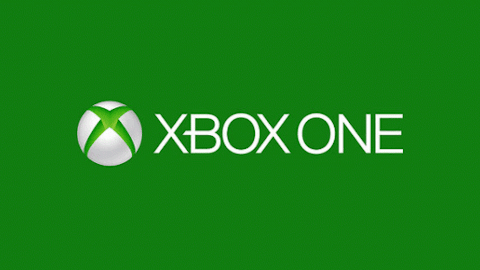Microsoft Corporation (NASDAQ:MSFT)’s Windows Phone and Research In Motion Ltd (NASDAQ:BBRY)’s BB10 are likely headed for extinction. The market has settled on Apple Inc. (NASDAQ:AAPL)’s iOS and Google Inc (NASDAQ:GOOG)’s Android, and that’s not going to change for the foreseeable future.
Android and iOS fully satisfy the smartphone market. iOS offers the superior, curated experience, while Android offers customization at the high-end and bargain prices at the low-end.
This balance could be shaken by a revolutionary new player — unfortunately, neither BB10 nor Windows Phone fits the bill.
The mobile OS duopoly
As I’ve written previously, the mobile operating system market has settled into a duopoly. Combined, iOS and Android account for over 92% of the handset market. Windows Phone, BlackBerry, and Symbian make up the remaining 8%.
Both iOS and Android are well established incumbents. Although BB10 may offer superior multitasking, it lacks the large app and media ecosystem enjoyed by Android and iOS.
Likewise, Windows Phone may have a great tile screen, but it doesn’t matter if one needs a program that the Windows Phone Store doesn’t offer.
Can Windows Phone supplant iOS?
Some, like Venture Beat’s John Koetsier, have postulated that — based on Windows Phone’s tremendous growth — Microsoft Corporation (NASDAQ:MSFT)’s handset operating system could usurp Apple for second place. Koetsier notes that Nokia Corporation (ADR) (NYSE:NOK)’s transition to an all-smartphone lineup could help.
To be sure, Windows Phone’s market share has tripled in the last year, and the platform has seen strong growth in some specific regions (various parts of Europe). But there’s no reason to expect that growth to continue. Simply put, Windows Phone offers nothing major that iOS and Android don’t already have.
Rather, what Windows Phone does have is the Metro interface, Microsoft Office, and solid mid-tier phones.
In theory, having a unified Metro interface across all of one’s devices — desktop, tablet and smartphone — should provide a great degree of consistency. Unfortunately, the Metro interface has not been well received — while it may work well on smartphones, it’s been the primary catalyst behind the rampant Windows 8 criticism.
As for Office — Microsoft Corporation (NASDAQ:MSFT) has already brought it to the iPhone, making this Windows Phone advantage no longer an exclusive. Moreover, few people are likely editing documents on their smartphone, so Office access does not seem like a strong selling point.
Finally, while Nokia’s mid-tier phones might be best in their class, significant Android and iOS devices are coming to fill this market niche. Both Motorola’s Moto X and Apple’s rumored plastic iPhone are expected to appeal consumers in this category.






